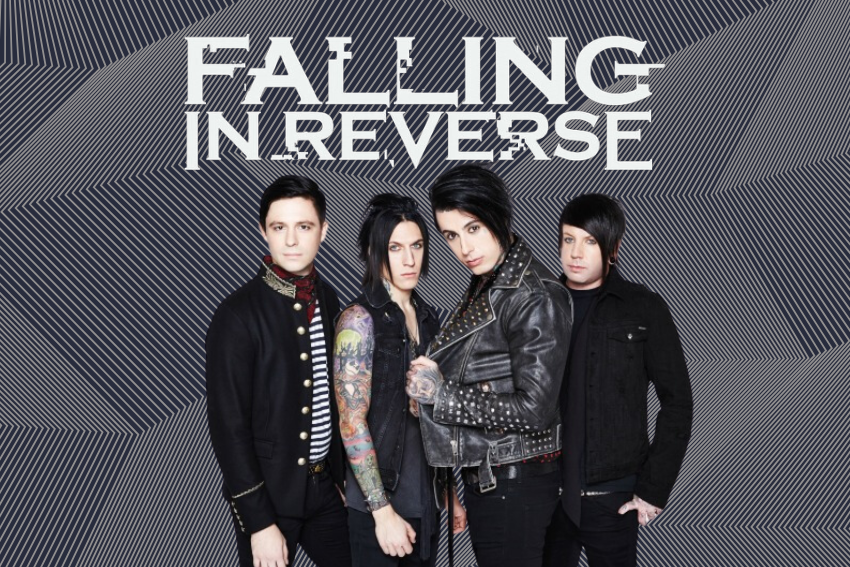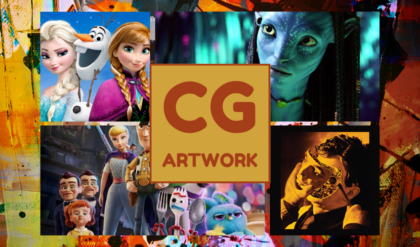Introduction to Falling in Reverse Canceled Their Show
One of the most popular American rock bands known for blowing up stages and edgy lyrics, Falling in Reverse recently canceled a show over accusations of promoting communism. Immediately after that announcement, the internet had exploded in controversy, with fans and critics alike weighing in on the decision. Details follow on why Falling in Reverse canceled the show, the controversy surrounding the issue, and what this incident tells us about the current political climate in the realm of the music industry.

Background on the Band
Since their inception in 2008, Falling in Reverse, fronted by singer Ronnie Radke, has been one of the genre’s most potent enigmas. They’ve gathered a huge following because of their style: a fusion of post-hardcore, punk, and metalcore music.
The band has habitually been enshrouded in controversy with their provocative lyrics and the outrageous personal life of the vocalist, Radke. However, the latest incident is different since it deals with the sensitive area of political ideology, specifically communism.
For What Reason Was the Cancellation?
Now, the rumor allegedly started from some nameless soul claiming that Falling in Reverse was preaching communist ideals through their songs and remarks. This accusation went like wildfire on social media, and even though their fans took to its defense and were reported as passing off the allegations as baseless and exaggerated, their critics latched on anyway and called for an explanation of a political stance. As the pressure mounted, Falling in Reverse finally released an explanation regarding the cancellation of the show.
They denied the allegations of promoting communism but cited concerns about safety as the primary reason for the cancellation.
The band began by saying that threats against them and their audience didn’t allow the performance to be staged.
While the statement addressed the immediate issue of safety, it did little to calm the ongoing debate about their political affiliations.
The Fallout from the Controversy
The move to cancel the show polarized opinions: many fans felt disappointed and frustrated since most of them had really been anticipating the show. There were those who felt the cancellation was an overreaction, while others felt this was a good move for the safety of all. Others were still critical and moved to validate their narrative—that this band did not want scrutiny over their supposed political affiliations.
In the days after the announcement, social media abounded with discussions on the incident. Hashtags such as #CancelCommunism and #FreeFIR began to trend as people on both sides of the argument sounded off. Some fans took it upon themselves to go line by line through the band’s discography, digging through back interviews for any shred of evidence that might vindicate—or condemn—the accusations. Ultimately, though, no smoking gun emerged to prove one political agenda or another, and the debate remained largely unsettled.
Political Ideologies and Music
This is not a single controversy, but rather one of those broader controversies that haunt the music industry: the meeting point of politics and art. Many artists for years have used the stage and screen to declare their views, usually raising debates from those who listen. From anti-war songs to social justice tunes, music has been used as a political tool for expression for many decades. But in today’s thoroughly polarized climate, even just the appearance of taking sides can unleash significant backlash.
Of course, with Falling in Reverse, these accusations of communism were absolutely based on misunderstandings and exaggeration. However, it serves as a good example that musicians are usually expected to be more correct within their public statements and behaviors. Artists are expected to be fully aware of how their words and physical or verbal behaviors are read by their audience even more these days, when news spreads at the drop of a hat over the internet.
Conclusion
The canceled Falling in Reverse show is reportedly a cautionary tale about the power of social media and how to handle political issues in the entertainment world. The band has denied the attachment to communism, but the incident has seemed to stick in the minds of many attached to their reputation. It also raises crucial questions about how artists should respond to accusations of political partiality during times when public opinion can flip in an instant. But as the debate goes on, one thing is clear: the junction that politics and music make is a lot more complex than it has ever been.
FAQs
Here are some Frequently Asked Questions (FAQs) regarding the controversy involving Falling in Reverse canceling their show due to accusations of promoting communism:
Why did Falling in Reverse cancel their show?
The band called off due to some political involvement regarding communism, and they didn’t want to play in that kind of environment.
What was the accusation about communism?
There were accusations that the band was against communist ideas and therefore would not play in places associated with that ideology.
Did Falling in Reverse confirm any political affiliations?
The band never confirmed any political affiliations but showed strong disapproval of communism.
What was the reaction from fans?
Fans were divided, as some came out to support the band’s call while others expressed disappointment and frustration over its cancellation.
Did any evidence support the accusations?
No concrete evidence has been presented, thus leaving much of the controversy based on speculation and differing interpretations of what the band has done.
What role did social media play in the controversy?
Social media picked up the controversy, with people for and against voicing their opinions, obviously adding fuel to the fire created by the band’s decision.
How has this controversy affected the band’s reputation?
This controversy only polarized opinions, positioning the band as either fighters for their principles or reflecting poorly on them.
Is this controversy part of a larger issue in the music industry?
Yes, it epitomizes a greater trend in the music industry, where an increasing number of artists consider political opinion and personal conviction in their choices and public image.





